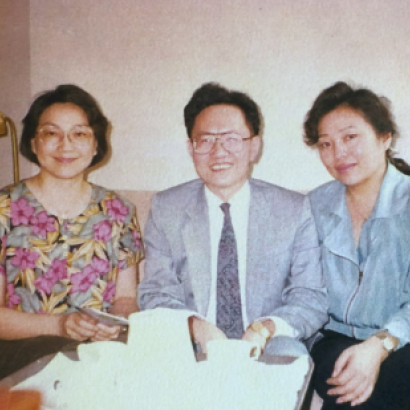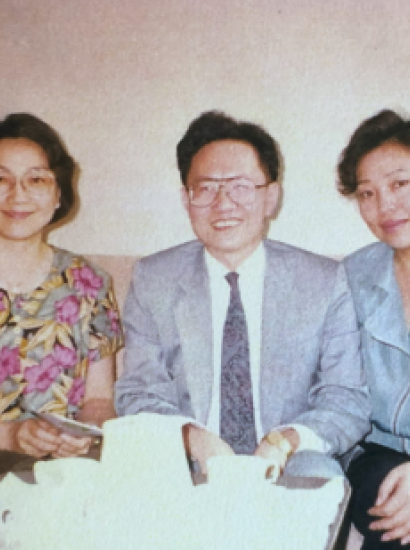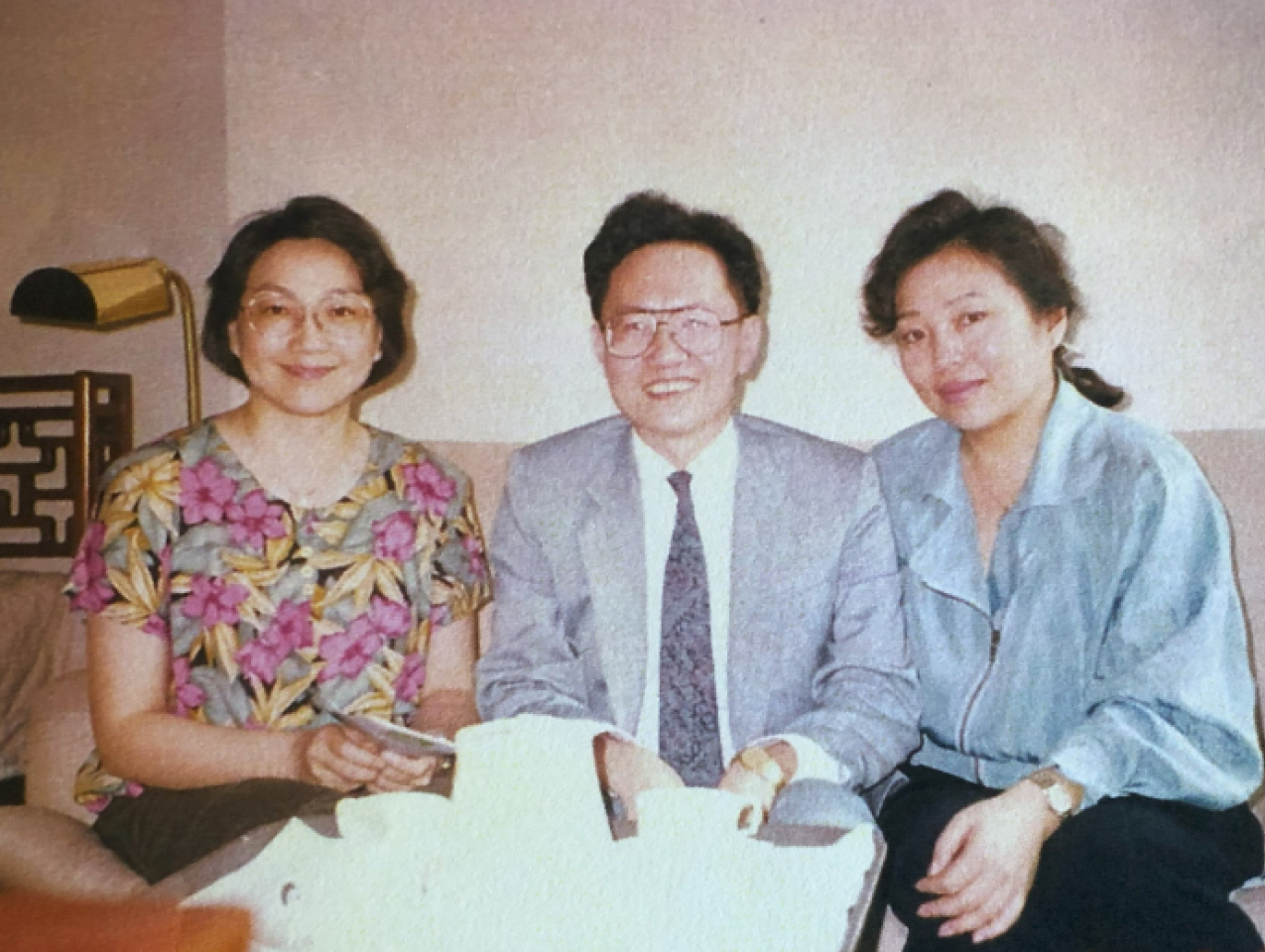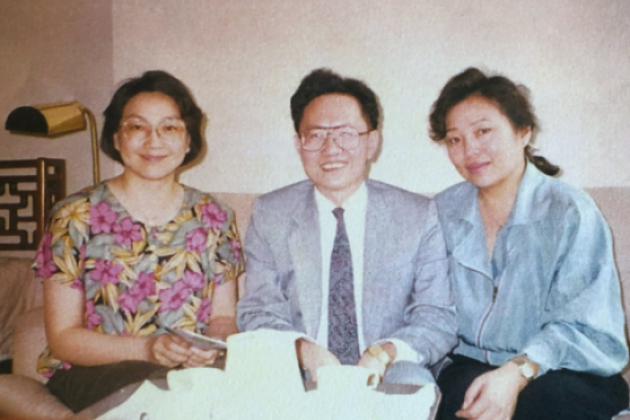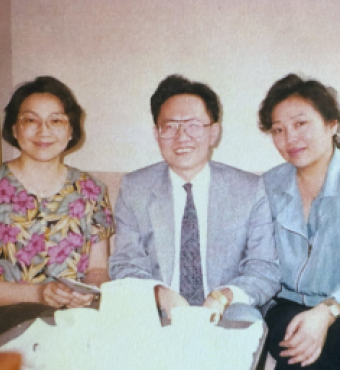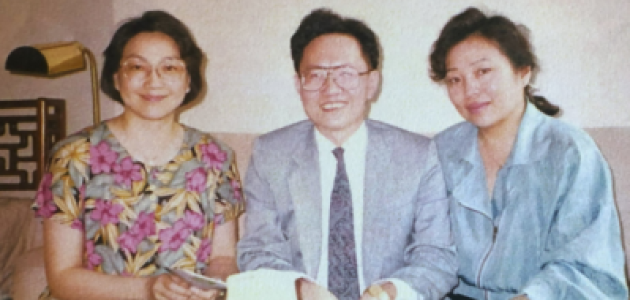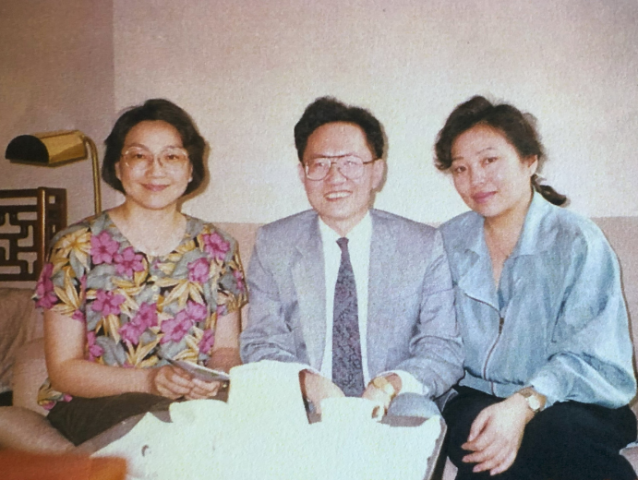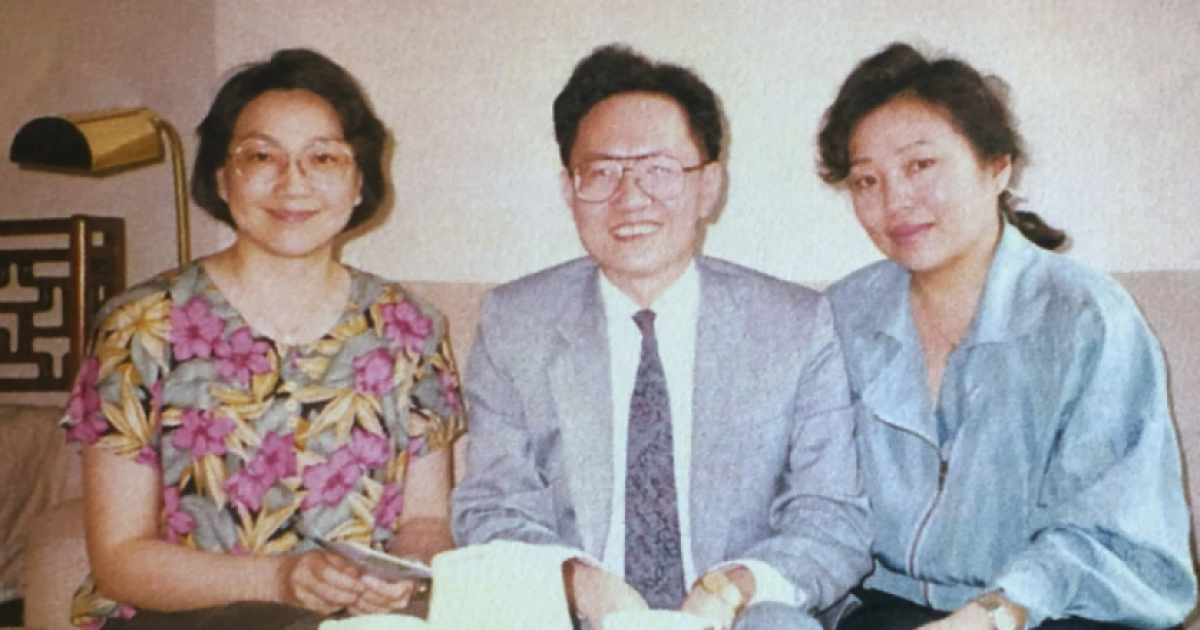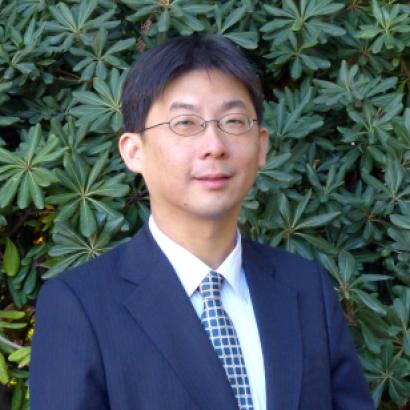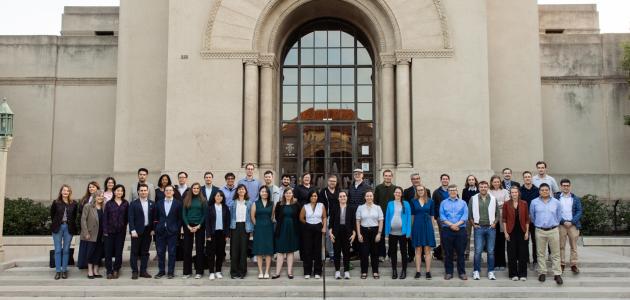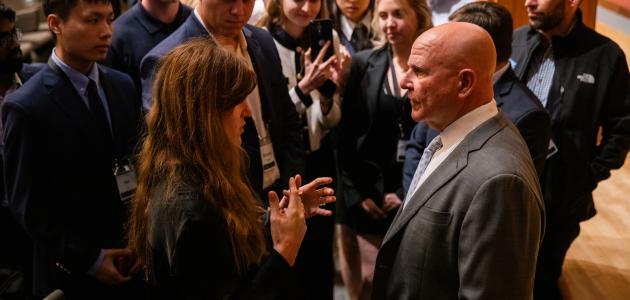
The Hoover Institution Library & Archives is expanding its archival collections relating to post-1949 Taiwan with two new acquisitions: the personal collections of Wang Kung-tien and Tsai Chih-hong.

Above image: Wang Kung-tien (left), Huang Hsiu-meng (middle), and President Lee Teng-hui (right) attend Huang’s campaign rally for a seat at the Legislative Yuan, January 1996.
Wang was born in 1940 in Tainan County, Taiwan. After receiving his BA from the National Taiwan Normal University and his MA from National Chengchi University, he began to serve in multiple city and county governments in southern Taiwan. In March 1991, Wang was appointed deputy head of the education chamber at the Taiwan Provincial Government; he was promoted to head of the chamber in February 1999. For a decade, Wang was predominant in Taiwan’s educational system. His wife, Huang Hsiu-meng, was also an active politician in the 1990s. Starting as an educator, Huang was a member of the Taiwan Provincial Assembly between 1981 and 1994. She was elected to the Legislative Yuan in 1995 and again in 1998, representing Tainan County as a member of the Kuomintang (KMT), in which she had also served on the party’s Central Committee.

Above image: Taiwan Provincial Governor Lien Chan (right) visits Wang Kung-tien (left) and Huang Hsiu-meng (middle) at Wang’s residence in Tainan County, ca. 1993.
Tsai Chih-hong was born in 1953 in Changhua County, Taiwan. He received his LLM (Master of Laws) from Southern Methodist University in 1980 and SJD (Doctor of Juridical Science) from Golden Gate University in 2012. Tsai began his political career in 1995, when he served as a commissioner at the Control Yuan of the Taiwanese government. In 1996, he was elected as a member of the National Assembly. Between 1996 and 2000 Tsai served as the party whip of the KMT at the National Assembly, mainly responsible for the arduous task of constitutional reforms. After the National Assembly was dissolved in July 2005, Tsai continued to engage in Taiwan’s politics by serving as an advisor to the Strait Exchange Foundation, a semiofficial organization set up by the Taiwanese government to handle technical and business matters with China. In 2011–12 and again in 2015–16, Tsai also advised the Executive Yuan on the intricate cross-strait relations.

Above image: In late 1996, William Lai (Lai Ching-te), a junior member of the Taiwan National Assembly, sent a letter to Tsai Chih-hong inviting Tsai’s opinions about the proposed elimination of Taiwan Provincial Government. Twenty-eight years later, in 2024, Lai was elected president of the Republic of China (Taiwan).
Both Wang and Tsai sustained unusually close relations with Lee Teng-hui, the president of Taiwan between 1988 and 2000. Their careers coincided with the transformation of Taiwan from an authoritarian regime to a fully democratized one. Their personal papers, which include video footage, photos, manuscripts, reports, printed government files, policy papers and reports, correspondence, certificates, and news clippings, provide researchers new and valuable insights into the history of Taiwan from the 1970s to the 2010s.





